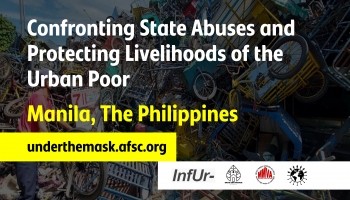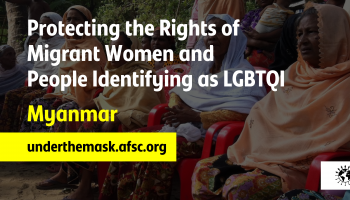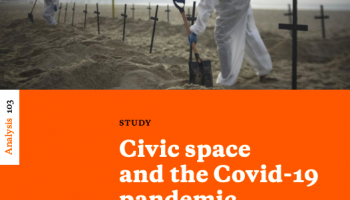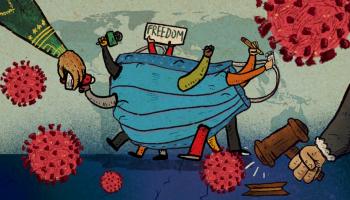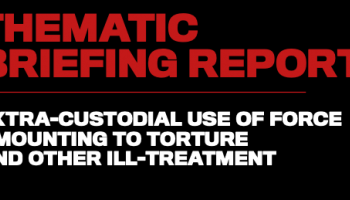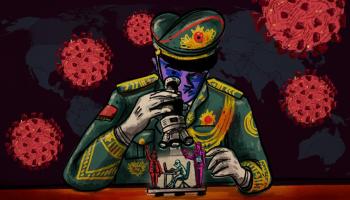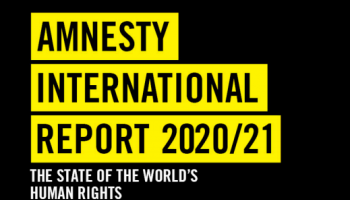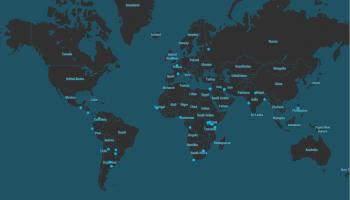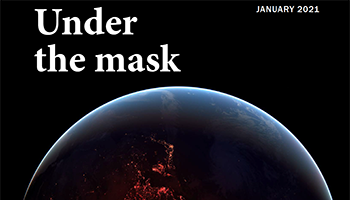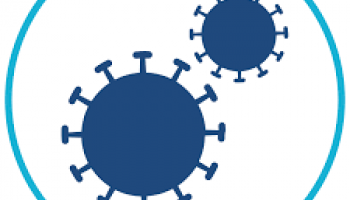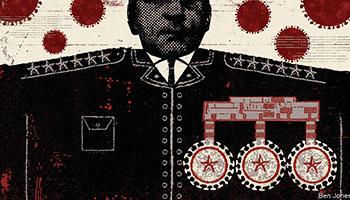Police brutality and COVID-19
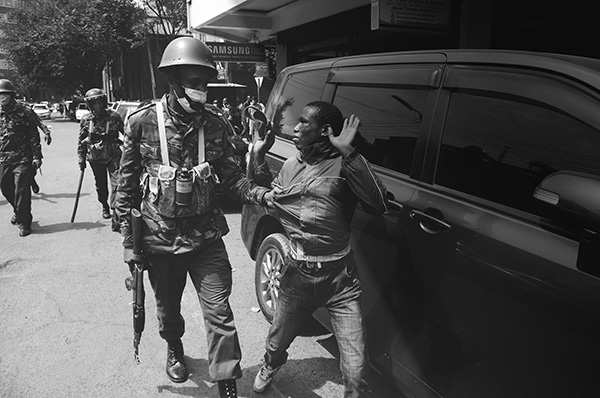
In many countries, the structure of the police force is rooted in the colonialist past and continues to serve the elites and their interests. Police violence, brutality, and discriminatory practices based on race, class, political opposition, and gender are at the foundation of policing. The severe lack of funding for the police in many countries further contributes to corruption and limited response capability. This leads to a lack of trust by communities in their police, often spurring the formation of armed nongovernmental groups to carry out police duties.
To address this, civil society organizations can establish online public complaint platforms where people can report police misconduct; civil society can follow up; and activists can connect, share instances of police abuses, and exchange tools. With the creation and development of community-based accountability mechanisms that can operate regardless of poor government policing policy and practice, some element of police brutality can be addressed.
In Kenya, heavy-handed enforcement of extreme measures has been implemented. Police have beaten people, extorted individuals by threatening them with quarantine and carrying out extrajudicial killings. There have been peaceful marches against police brutality, with little effect. Writer and commentator Patrick Gathara said policing in Kenya inherited its violence from British colonial forces and has done nothing to change in the decades since independence. —Bainito Wamalawa
Our recommendations
- If allowed in their country, individuals can film to monitor and document policing as well as publicize police misconduct.
- Mainstream media and social media allies can publicize police misconduct.
- Civil society organizations should collaborate with the local police to develop best practices in policing that effectively reduce violence in communities. Through analyzing structures, training and strategies can be developed that build community relationships and engage communities.
- National level nongovernmental organizations should campaign to fundamentally change official police training to promote positive community policing, as appropriate. (Note, in some countries, such as the United States, there are campaigns to divest from policing and instead invest in community social support, based on a belief that the police institution is fundamentally flawed. Alternatives include delegating some police responsibilities to others, such as community-based justice, healing justice, and community tribunals to respond to the needs of the community and reduce and prevent violence.)
COVID Report: Year One
One year into the COVID-19 pandemic, restrictions on civil space are increasing. Recognizing the need to protect public health, our report looks at nine kinds of restrictions that could limit civil space for the long term and how civil society can respond.
Regions currently impacted
Get in Touch
Under the Mask is an evolving project dedicated to the alarming increase in restrictions on civic space around the world, worsening during the COVID-19 pandemic, and how individuals and organizations are responding to protect that space. We welcome your feedback about this website, and we invite you to participate in this collective effort.
